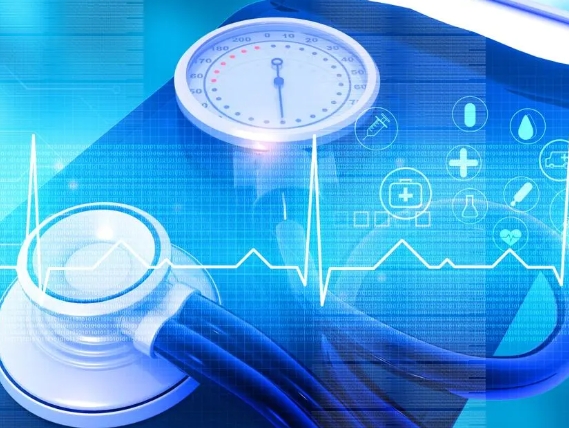In today’s fast-paced world, the healthcare industry is constantly evolving to keep up with the demands of patients and providers alike. One major advancement that is revolutionizing healthcare is the implementation of Electronic Medical Record (EMR) systems.
Increased Efficiency and Accuracy
EMR systems allow healthcare providers to store, manage, and access patient records digitally, leading to increased efficiency and accuracy in patient care. With EMRs, providers can easily access a patient’s medical history, medications, and treatment plans at the touch of a button, reducing the risk of errors and improving overall patient outcomes.
Streamlined Communication
One of the key benefits of EMR systems is the ability to streamline communication between healthcare providers. With EMRs, providers can easily share patient records, test results, and treatment plans in real-time, allowing for more coordinated and effective care. This not only improves patient outcomes but also reduces the likelihood of duplicate tests and procedures, saving time and money for both patients and providers.
Improved Patient Engagement
EMR systems also empower patients to take control of their own healthcare. Patients can access their medical records, test results, and treatment plans online, allowing them to stay informed and engaged in their care. Additionally, some EMR systems offer features such as online appointment scheduling and secure messaging with providers, making it easier for patients to communicate with their healthcare team and access the care they need.
Enhanced Data Security
With the increasing digitization of healthcare records, data security has become a major concern. EMR systems offer enhanced security measures to protect patient information, such as encryption, access controls, and audit logs. This helps ensure that patient data remains confidential and secure, reducing the risk of breaches and identity theft.
Looking Ahead
As the healthcare industry continues to embrace technology, EMR systems will play an increasingly important role in revolutionizing the way care is delivered. By improving efficiency, accuracy, communication, patient engagement, and data security, EMR systems are changing the game for healthcare providers and patients alike. It is clear that the future of healthcare will be driven by innovative technologies like EMR systems, paving the way for a more connected, coordinated, and patient-centered approach to care.

